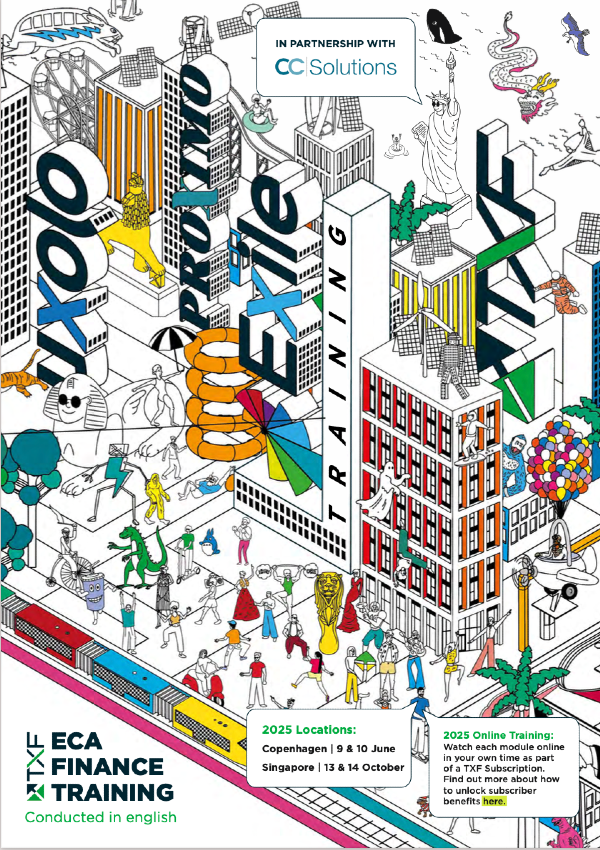The impact of trade technology in banking: Essential update
It’s not been plain sailing for trade digitisation and banks and financial institutions recently. In this virtual panel discussion, in association with CGI, TXF asked experts to shed light on what is actually changing in bank trade technology, and the end goal of where that trade technology needs to be to continue to support resilient international trade. How is the physical architecture of trade technology evolving, and at what pace? With global trade digitisation legislation in progress around the world, are banks and their corporate clients able to ensure they are interoperable, and that they can take advantage of the new march to digitisation?
The opportunities for corporates and banks of how they interact with other banks and fintech platforms are huge if companies get it right, but are recent events in the banking and fintech world likely to put a brake on certain developments?
In this essential update, we asked bank and technology experts themselves about the state of play. Here are the key takeaways from the panel discussion:
1. Amid the challenges of SVB and Credit Suisse, along with Basel III-plus implementation, regulatory oversight is unlikely to decrease in the foreseeable future. That means vigilance on compliance in financial operations is going to remain paramount.
There exists a tangible opportunity to leverage data for the purpose of improving efficiency in financial crime prevention, which could potentially create added value for banks.
2. Despite the tightening regulatory landscape, there is optimism in the world of trade, and documentary trade guarantees and letters of credit will continue to play an integral role in this space.
3. The digital age provides a unique platform to develop innovative products and services that can enhance customer experiences. Thinking out-of-the-box in this regard will go a long way, and the ongoing conversations in this space is further testament to the boundless potential of creative ideas. But dogged pursuit of ‘shiny toys’ is not the answer for banks digitising trade.
4. The growth of supply chain finance presents a significant opportunity to increase revenue, while also being a tool that could help in the struggle to combat climate change and contribute positively to the world.
5. The UK parliamentary approval of a bill targeting trade digitisation marks a positive step forward, both in helping facilitate international trade without paper, and it could help make the financial industry safer, more cost-effective, and environmentally responsible.
6. Digital back-office solutions and improved connectivity with clients are transforming the industry, and there is a wide level of optimism about the ongoing digital revolution in international trade finance.
In the session, we discussed the CGI and the Bankers Association for Finance and Trade (BAFT) annual trade technology survey results. Read Patrick's blog about the 2022 CGI-BAFT survey results here. To get your copy of the survey results, complete the form here.
Thank you to our panelists:
Patrick DeVilbiss, Head of Product, Trade and Supply Chain Solutions, CGI
James Binns, Managing Director, Global Head of Trade & Working Capital, Barclays
David Salter, Head of Trade and Working Capital Products, Transaction Banking, EMEA, MUFG
Katharine Morton, Head of Trade, Treasury & Risk, TXF [moderator]
This virtual panel originally aired on Thursday, 30 March 2023.






